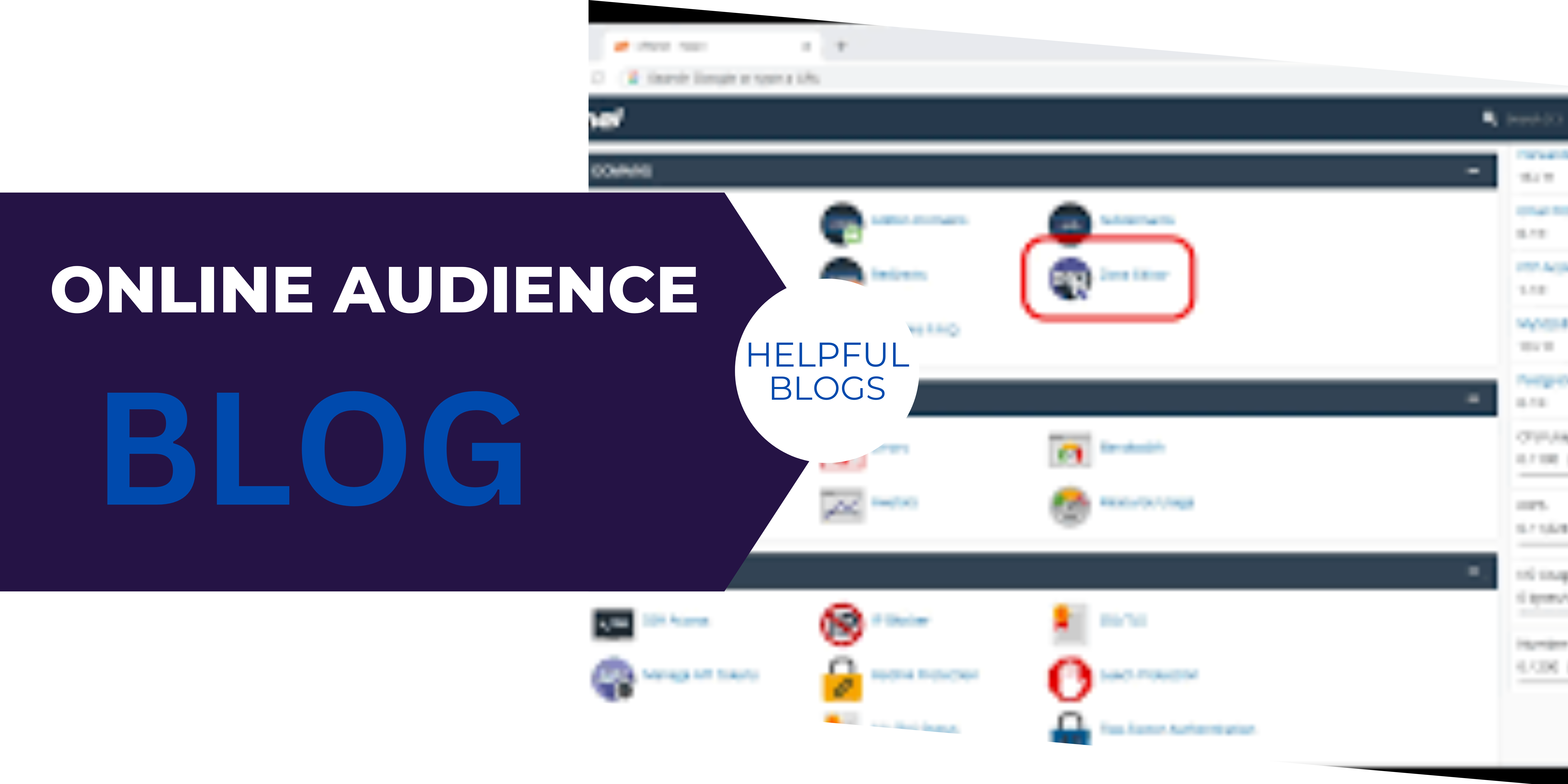
WordPress Hosting: What You Need to Know
WordPress is the most popular content management system (CMS) in the world, powering millions of websites, from personal blogs to major publications and online stores. If you’re considering launching or already managing a WordPress website, it’s essential to understand the specific hosting requirements to ensure optimal performance, security, and scalability. In this guide, we’ll explore the key considerations for WordPress hosting and recommend hosting options tailored for WordPress users.
Before diving into the specific requirements, it’s crucial to understand why WordPress hosting matters. The right hosting environment can significantly impact your website’s:
Performance: WordPress websites need to load quickly to keep visitors engaged. Slow loading times can result in high bounce rates and decreased SEO rankings.
Security: WordPress sites are often targeted by hackers. A secure hosting environment can help protect your site from malware and cyber threats.
Scalability: As your website grows, you’ll need a hosting plan that can accommodate increased traffic and resource demands.
PHP and MySQL Compatibility: WordPress relies on PHP for server-side scripting and MySQL for its database. Ensure your hosting provider supports the latest versions of both.
Uptime and Reliability: Choose a hosting provider with a strong track record of uptime (ideally, 99.9% or higher) to keep your website accessible at all times.
Managed vs. Shared Hosting: Managed WordPress hosting provides dedicated resources and specialized support for WordPress users, while shared hosting may have resource limitations and less WordPress-specific support.
SSL Certificate: An SSL certificate is essential for website security and SEO. Many hosting providers offer free SSL certificates.
Automatic Updates: WordPress and its plugins should be regularly updated to patch security vulnerabilities. Managed WordPress hosts often handle updates for you.
Scalability: Look for hosting plans that allow you to easily upgrade as your website grows. Scalable resources are essential for handling traffic spikes.
Security Measures: Choose a host with robust security features, including firewalls, malware scanning, and intrusion detection.
Remember to assess your specific needs, including budget, website size, and traffic, before selecting a hosting provider. Each of these options offers various plans to suit different requirements.
Choosing the right hosting environment is a critical decision for your WordPress website’s success. By understanding the specific requirements and considering the hosting options tailored for WordPress users, you can ensure that your website performs well, remains secure, and scales as your online presence grows. Take the time to research and select a hosting provider that aligns with your needs, and your WordPress site will be on the path to success.
